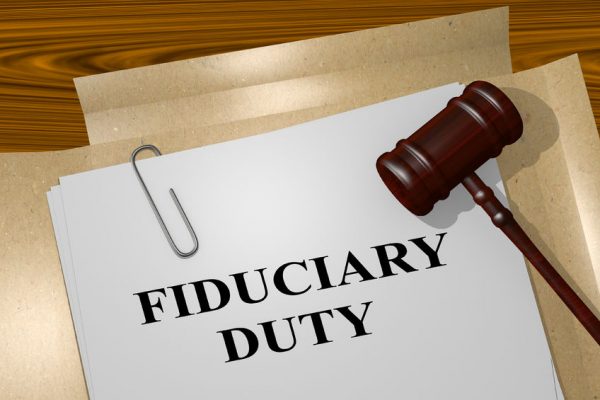The Trustees of the board of an incorporated charitable trust are generally not personally liable to the creditors of the trust.
Charitable trusts can be incorporated under the Charitable Trusts Act 1956. An incorporated charitable trust is a separate legal entity and is liable for the obligations of the trust. Unless the trustees expressly undertake personal liability the trustees of the trust should not be personally liable to the creditors of the trust.
The protection gained by trustees once they incorporate the trust does not extend to any breach of trust, statute or duties such as the duty of care, the duty to be honest or the trustees fiduciary duty. Neither does the protection extend to the duty to account for ACC, GST and PAYE payments due by the trust, for which the trustees remain personally liable. Any breach of trust or statutory breaches under legislation may result in personal liability for the trustees of charitable trusts.
If a charitable trust meets the criteria, it can be registered as a charity under the Charities Act 2005. This registration does not increase the trustees’ personal liability. Charities must be registered under the Act in order to qualify for income tax and gift duty exemptions.
Although trustees can limit their personal liability they cannot exclude it completely. Trustees therefore need to take active steps to ensure that they meet their obligations as a trustee.
In addition to incorporation, the trustees can limit their personal liability in the following ways:
- Ensure that the trustee’s right of indemnity from the trust assets has not been excluded by the trust deed. A right of indemnity allows trustees to use trust assets to meet the obligations they incur on the trust’s behalf. (Refer Trustee Act 1956, s 38 and the relevant clause in the Trust deed).
- Ensure that the trust or trustees do not incur obligations on the trust’s behalf that cannot be satisfied from the trust’s assets. If the trustee does, he or she may be personally liable to satisfy those liabilities.
- Ensure that the trust deed contains a clause limiting the trustees’ liability to the assets of the trust.
- In contracts, trustees can limit the liability of the trustees to the assets available in the trust.
- Trustees should obtain insurance to cover any liabilities they incur in their capacity as a trustee. If authorised by the trust deed, the trust may be able to pay the premiums for this insurance for the trustees.
It is important that trustees meet regularly and document the trust’s actions and intentions to evidence the fact that the trustees are meeting their obligations.
For more information on trustees’ duties, please see my blog on trustees’ duties.






Leave A Comment